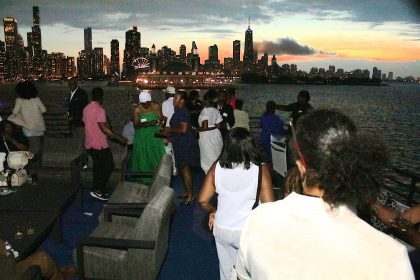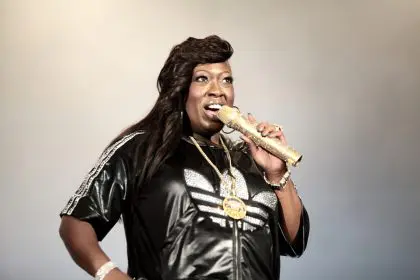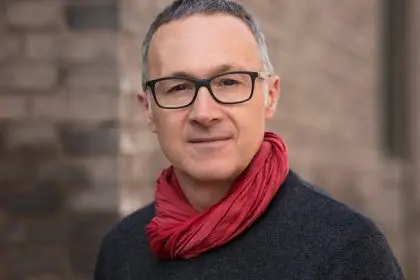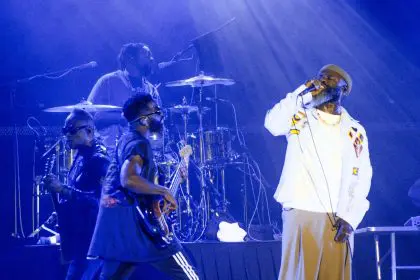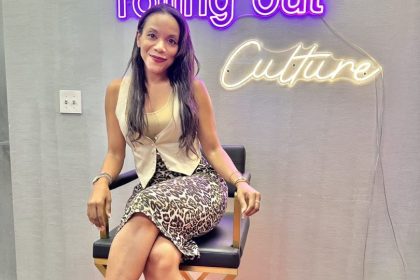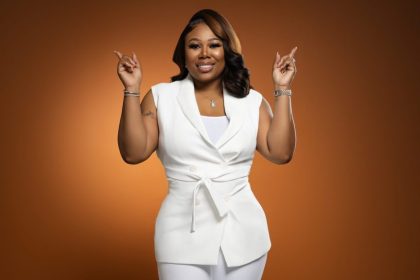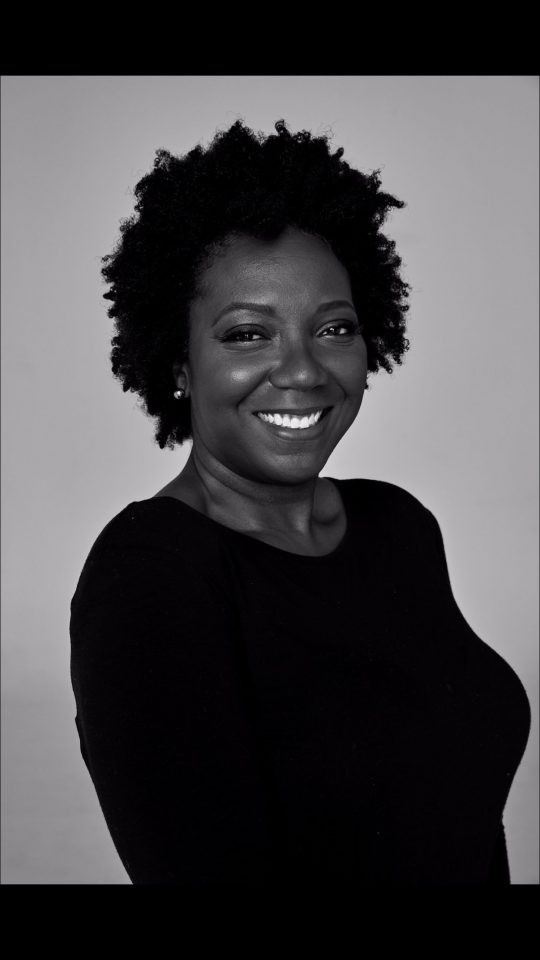
Joycelyn Wilson is an educational anthropologist, essayist, and assistant professor of hip-hop studies and digital media in the School of Literature, Media, and Communication at Georgia Tech. Wilson focuses on African American music and performance. Wilson earned her bachelor’s in mathematics and Ph.D. in educational anthropology at the University of Georgia and is a member of the Atlanta alumnae chapter of Delta Sigma Theta Sorority Incorporated.
Wilson is a co-producer of the Emmy-winning documentary “Walking With Guns,” produced in collaboration with UN Ambassador and former Atlanta Mayor Andrew Young. She has contributed expert commentary on MSBNC, Netflix’s “Hip Hop Evolution,” VH1’s “ATL Rise,” and TV One’s “Unsung.”
What helped you decide your path?
I have a degree in educational anthropology and what that allows me to do is look at the cultural foundations of education. My area of inquiry is hip-hop culture and I was interested in studying hip-hop’s relationship with education. I was a math teacher living in LA, and I saw how my students were coming to school, very much impacted by hip-hop, even when they didn’t know [it], you could see it in their attire, body language, and in the way in which they may have turned their hat differently.
This is a very diverse school that was in the suburbs of LA’s Manhattan Beach. What they had in common was hip-hop. Being a 22-year-old teaching 16- and 17-year-olds, I saw that I had something in common with them. I don’t want to underestimate the timing on this, because it was an opportunity for me to connect with them as well.
How did hip-hop aid in your connection to your students?
So, I saw hip-hop as not only a bridge to create relationships with my students … but integrating the overall aesthetic into teaching was something that I saw my teachers do when I was in high school, it wasn’t called hip-hop education, it was just called good teaching. I began to do that, and at the time, I was in graduate school, getting a master’s in curriculum and instruction. Taking these classes around the ways in which teachers were integrating culture, I had come across Black Noise by Tricia Rose, and read Nelson George’s Hip Hop America.
As I was thinking about my future, I said, “Hey, this is something that I want to study.”
Why go the education route?
I put together a program of study and went the education route because I wanted to fill that void that I was seeing. And then also there weren’t a whole lot of folks writing about hip-hop [who were] from the South. I was writing for hip-hop magazines at the same time I was teaching and I just began to see some intersections and wanted to pursue it as a graduate degree.
Click play below to view the entire interview.


